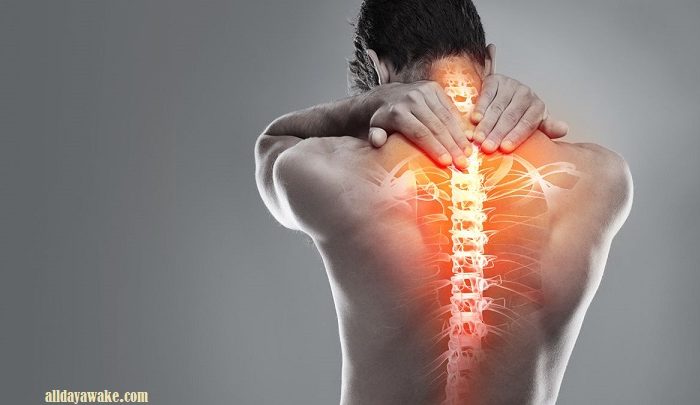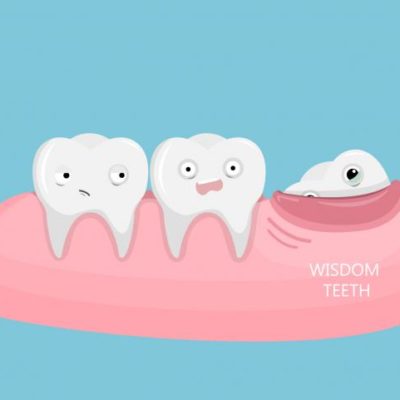
USE MUSCLE RELAXANTS BUT BE AWARE OF ADDICTION
What exactly are muscle relaxants?
Muscle relaxers, also known as muscle relaxants, are drugs that are used to relieve acute muscle pain and discomfort caused by spasms. Muscle spasms are involuntary muscle contractions that produce excessive tension and are frequently related to lower back and neck pain.
Muscle relaxants come in a variety of chemical forms and function in different ways in the brain. Muscle relaxants, in general, work as central nervous system depressants, causing sedation or preventing your nerves from transmitting pain signals to your brain. The effects usually last between 4-6 hours and have a quick start.
The majority of muscle relaxant medicines come in pill, capsule, or liquid form. Carisoprodol 350 mg, known by the brand name Soma, is a skeletal muscle relaxant that requires a prescription. The Carisoprodol 350 mg tablet is commonly used to treat pain caused by muscle injuries such as strains and sprains.
When treating an injury, this medicine comes in tablet form and is taken by mouth multiple times a day. To alleviate muscle discomfort, this medicine is usually used with physical therapy and other treatments. Some people, however, grow hooked on carisoprodol and abuse it in ways that aren’t intended. We need muscle relaxants because of many reasons like muscles spams, muscle spasticity, or musculoskeletal pain.
Spasticity of Muscles: What Causes It?
Spasticity occurs when your muscles tighten, stiffen, or spasm involuntarily. Walking, moving, and talking are all difficult when you have spasticity. It can be inconvenient and even painful at times.
When the nerve signals that control muscle action are disrupted or injured, spasticity develops. This can be caused by a variety of illnesses, including spinal cord damage, brain injury, and diseases including amyotrophic lateral sclerosis and multiple sclerosis.
Spasticity, on the other hand, can have certain advantages for people who have very weak legs. The rigidity caused by spasticity can assist them in standing or walking. The goal of treatment for these people should be to alleviate pain while keeping the stiffness required to function.
Spasticity can cause frozen joints, pressure sores, and an inability to function normally if left untreated. If you have spasticity that you don’t know what’s causing, make an appointment with your doctor.
Spasticity can be relieved with stretching exercises. Physical therapy or massage may be recommended by your doctor. Generally, they have prescribed Carisoprodol 350 mg tablet. Muscle relaxants, sedatives, and nerve blockers are among the prescription drugs used to treat the illness, and surgery is also employed in some situations.
Muscle spasticity is caused by a variety of factors.
Damage to the neural pathways that govern muscle action is the most common cause of spasticity. This can be a sign of many illnesses and ailments, including:
- Damage to the brain
- Damage to the spinal cord
- Stroke
- Cerebral palsy
- Multiple sclerosis
- Amyotrophic lateral sclerosis
- Hereditary spastic paraplegias
- Adrenoleukodystrophy
- Phenylketonuria
- Krabbe disease
Spasticity medication is a type of medication that is used to treat spasticity. Spasticity is treated with a variety of drugs like Soma 350 mg, the most common of which being Pain o Soma.
Some of these medications have unpleasant side effects like weariness, disorientation, and nausea. Do not stop taking drugs on your own if you develop side effects. Consult your physician.
When drugs and physical therapy fail to alleviate symptoms, surgery may be indicated for tendon release or to break the nerve-muscle link. You’ll stay under your doctor’s care and be monitored for spasticity regularly.
Prescription muscle relaxants come with a list of warnings.
Muscle relaxants like carisoprodol and diazepam have the potential to become addictive. Make sure to take your medication according to your doctor’s directions.
Muscle relaxants can also trigger withdrawal symptoms, including seizures and hallucinations. Stopping your medicine abruptly, especially if you’ve been taking it for a long time, is not a good idea. Muscle relaxants can be very addictive because of their abilities. It sounds a little bit crazy, but yes, it’s true. Because these medicines reduce your pain and want that relaxed time so to feel relaxed you may use it regularly.
Muscle relaxants also depress the central nervous system (CNS), making it difficult to focus or stay awake. Avoid activities that demand mental awareness or coordination while using a muscle relaxant, such as driving or operating heavy machinery.
Takeaway
Muscle spasticity is a disorder in which your muscles stiffen in your limbs and throughout your body. They can grow so rigid that moving them becomes practically impossible. Walking, talking, and even sitting can become difficult as a result. It is possible that you will not be able to go from one position to another without assistance.
Muscle spasticity, on the other hand, can be beneficial at times. It can assist people with certain muscular mobility abnormalities in standing or walking. In either situation, you must discuss the symptoms and problems of muscle spasticity with your doctor. Even if it’s a pleasant ailment, you’ll need to take precautions to avoid consequences, such as frozen joints and skin ulcers.











